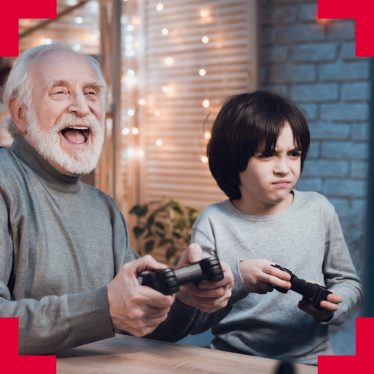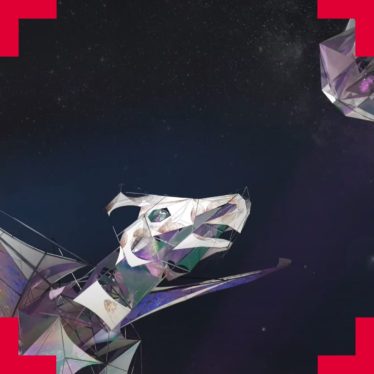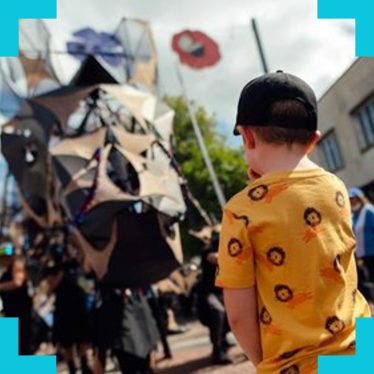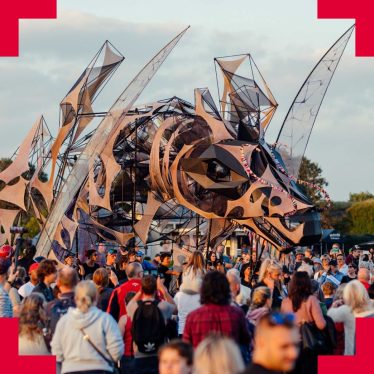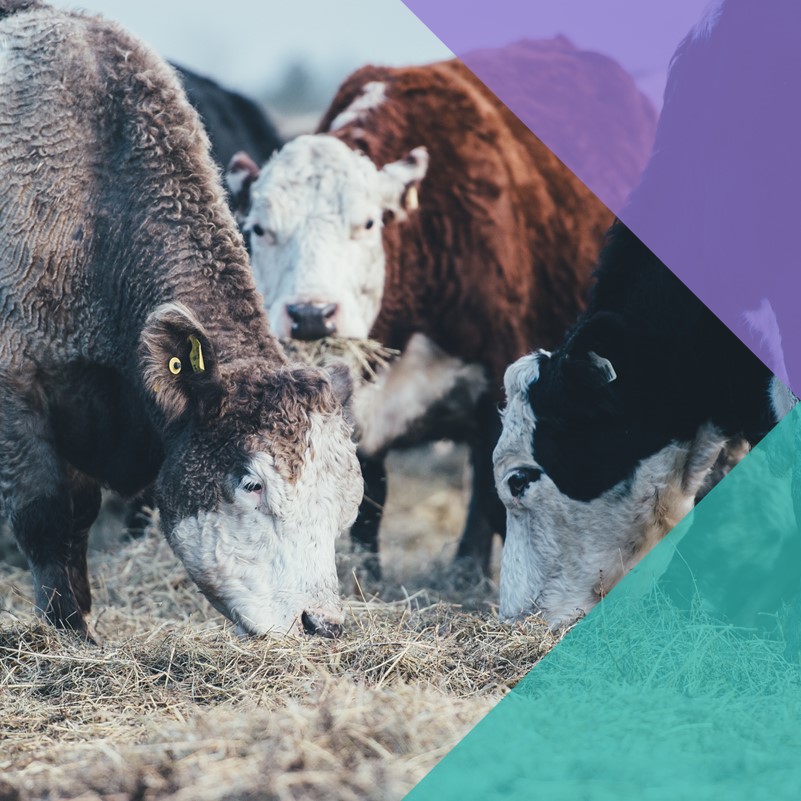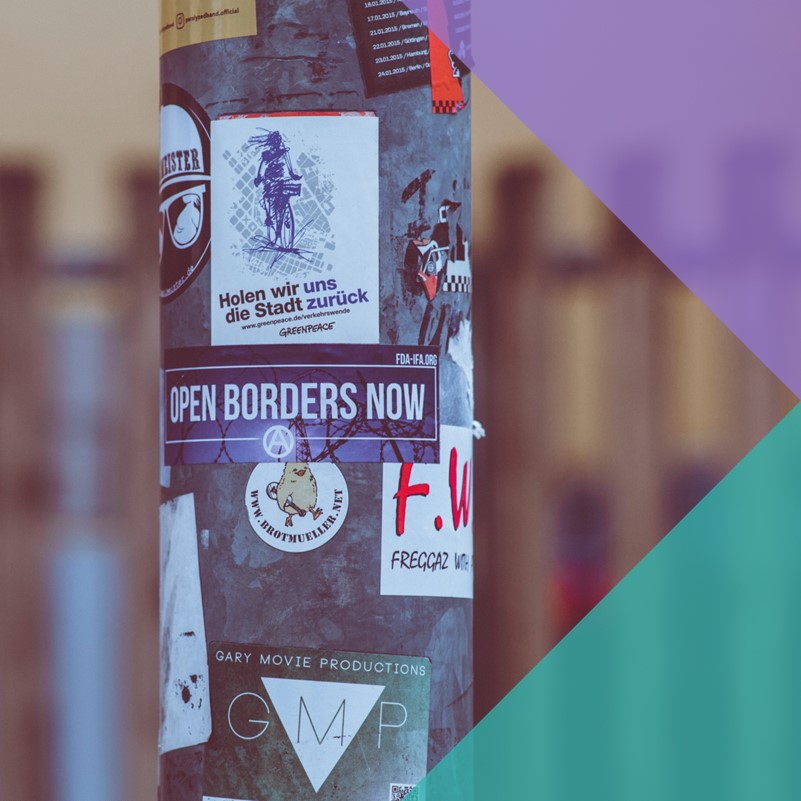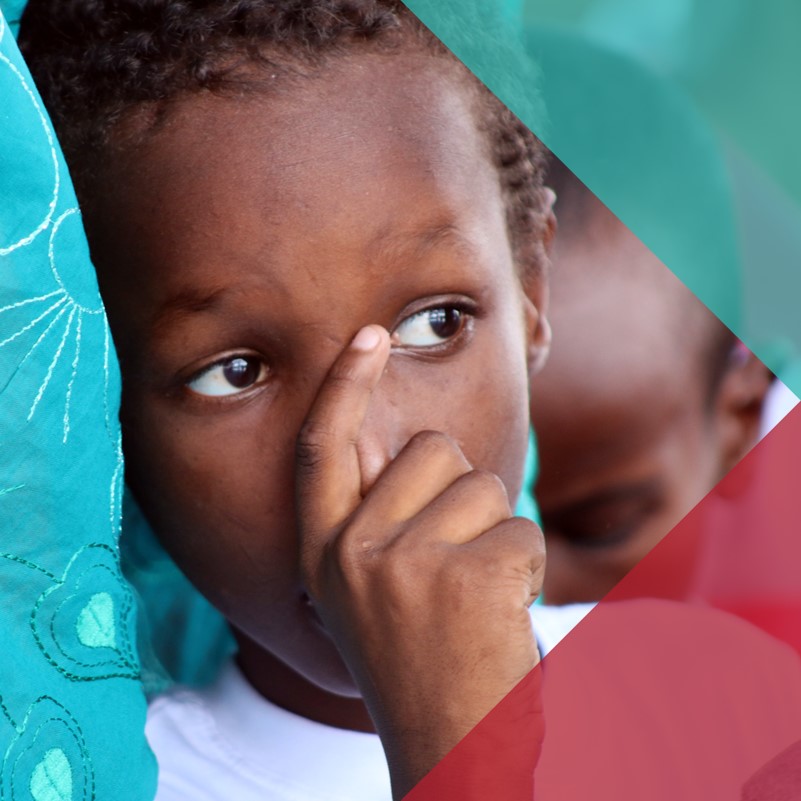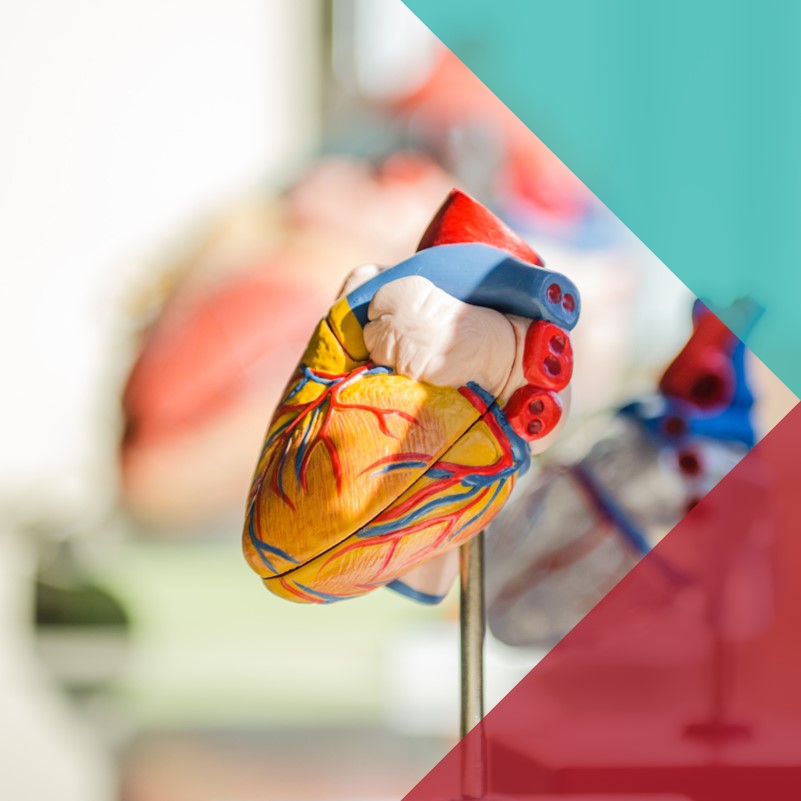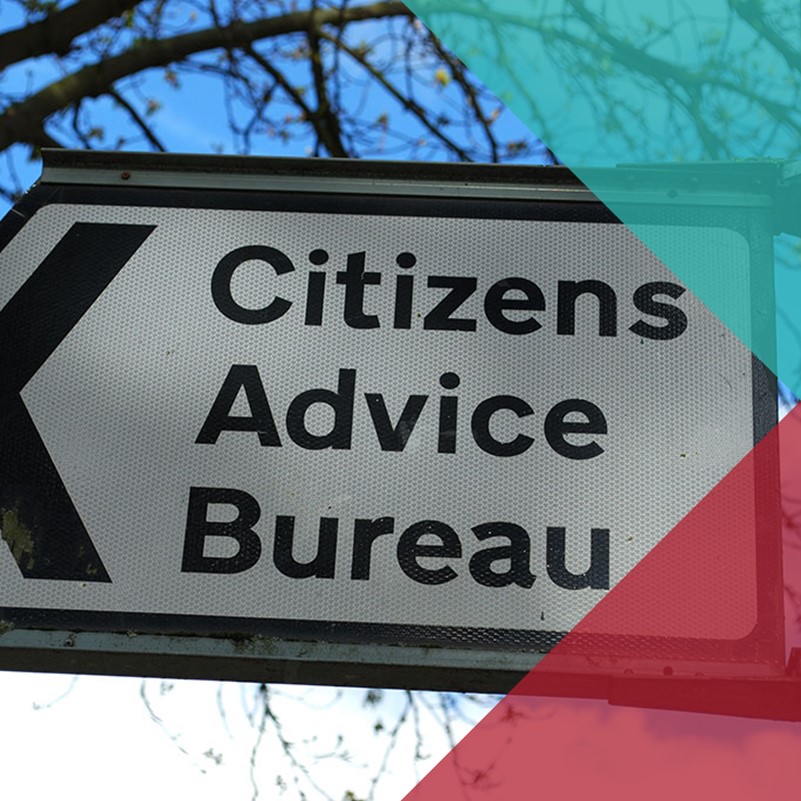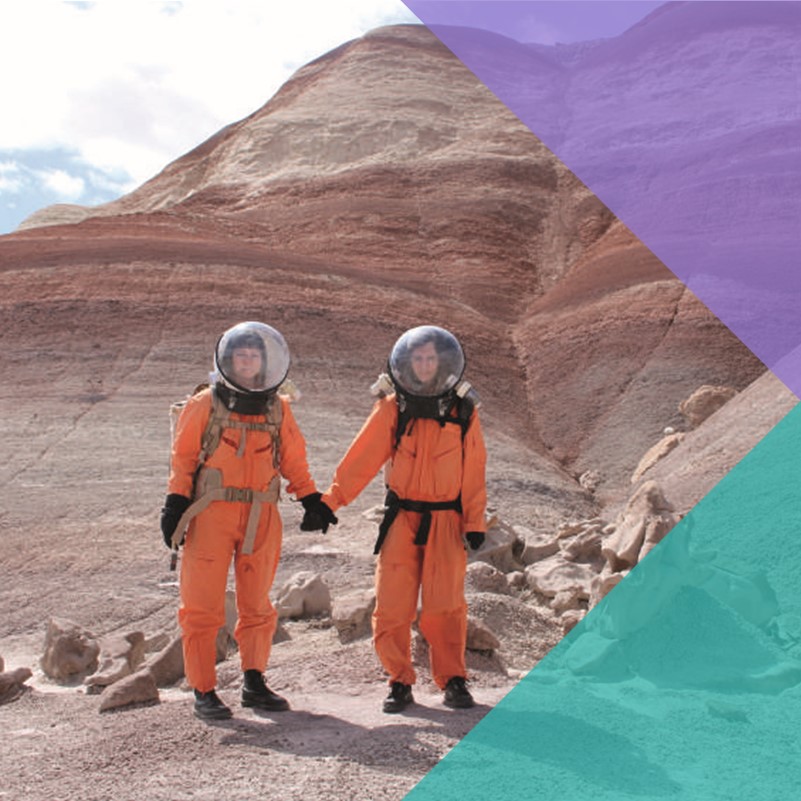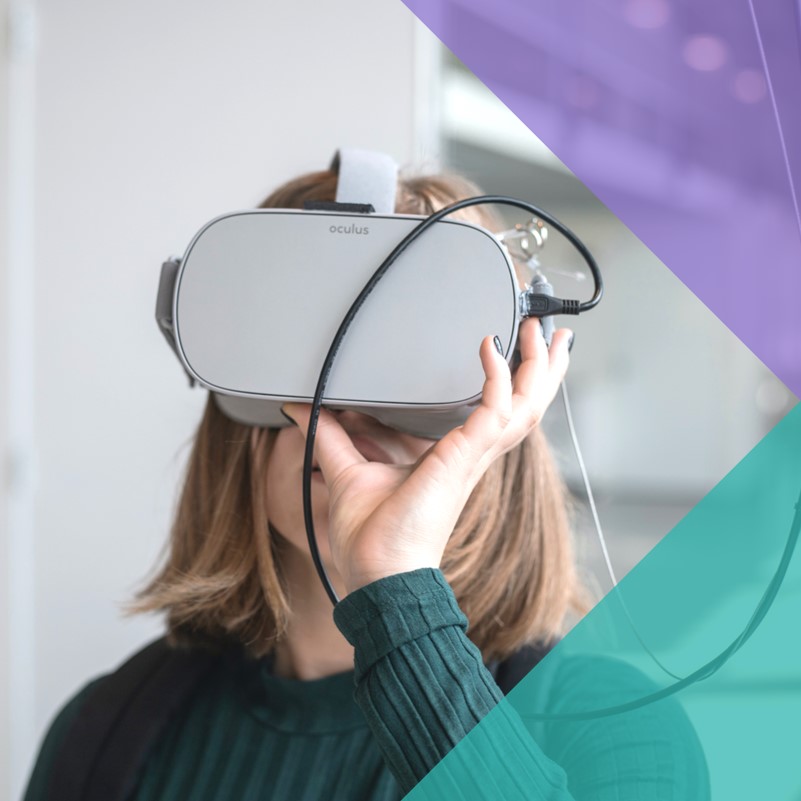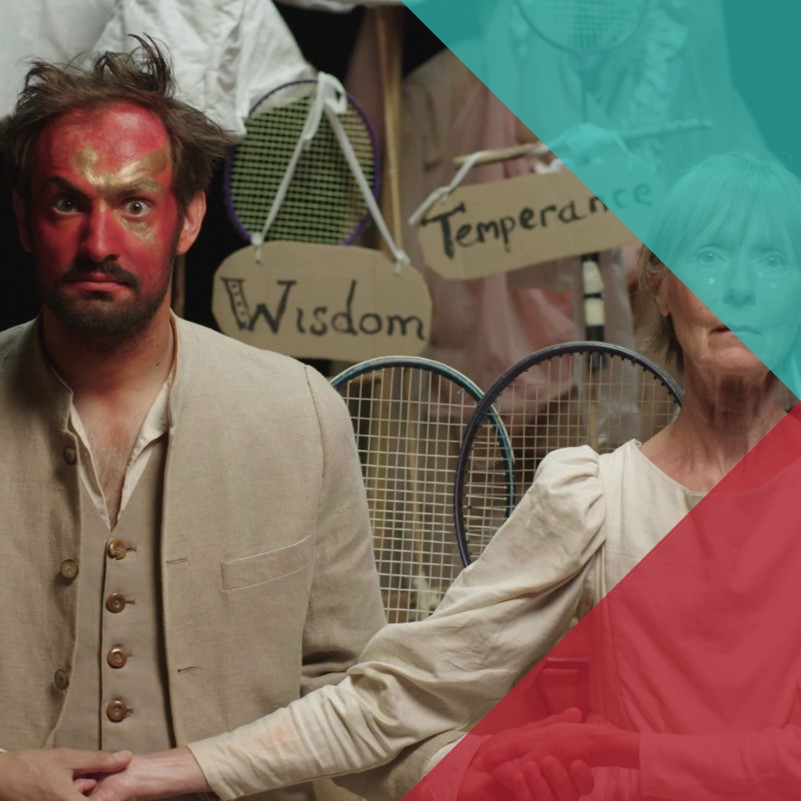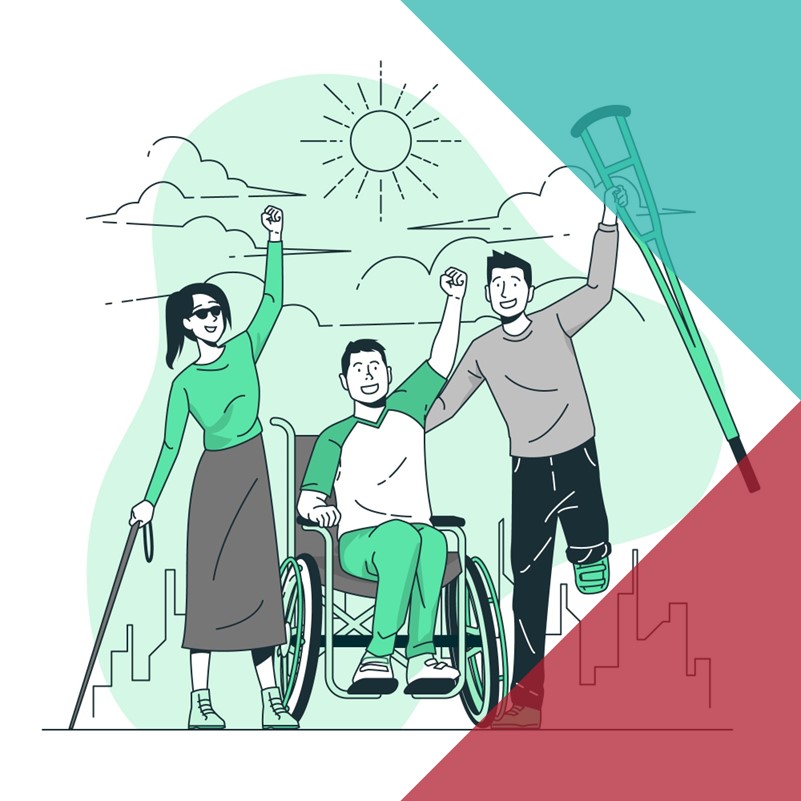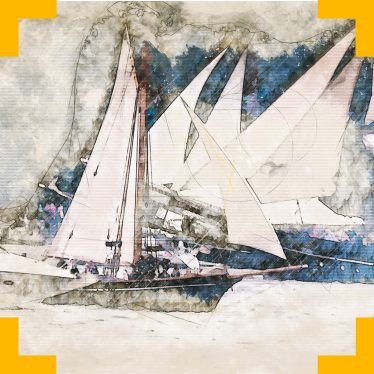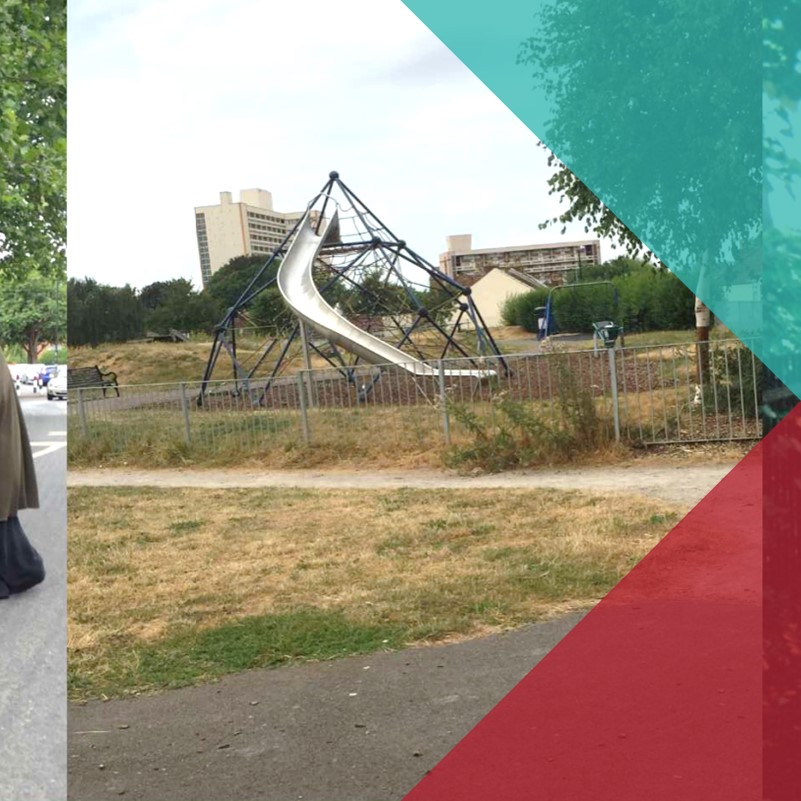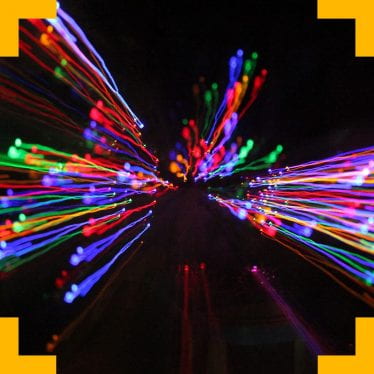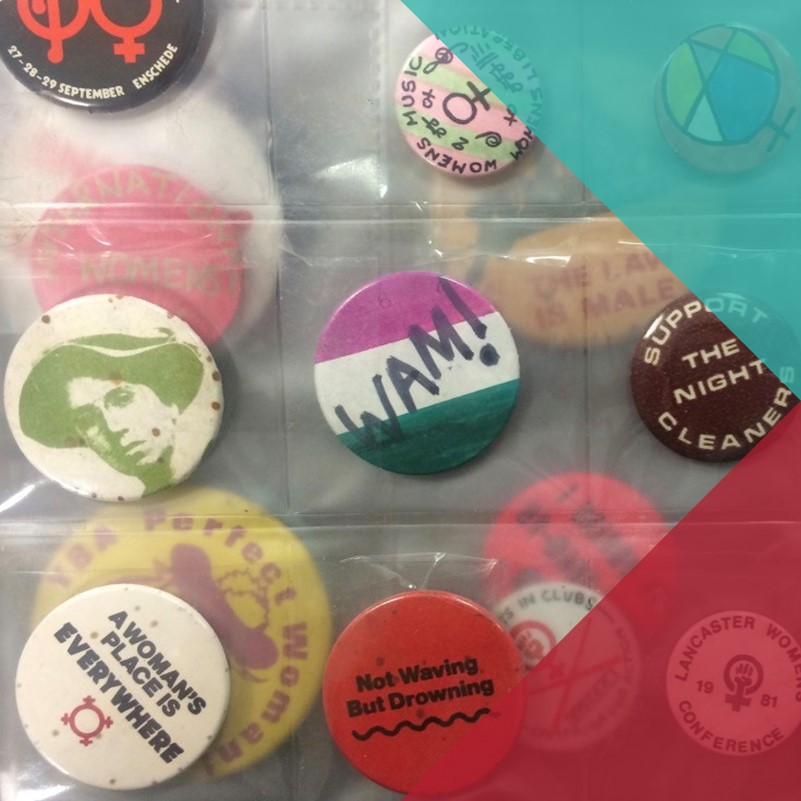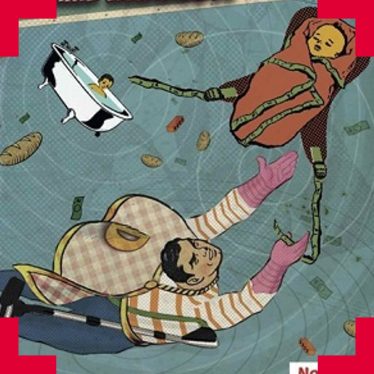The Social Arcade
Why social play is important? How might social video gaming impact the wellbeing of an individual? Is there a way to fulfil an individual's gaming purpose in a more social environment?
Why social play is important? How might social video gaming impact the wellbeing of an individual? Is there a way to fulfil an individual's gaming purpose in a more social environment?
How can academics work with storytellers to translate factual research into gripping stories for children and adults? What is the relation between truthfulness and fantasy in storytelling?
How do the public themselves argue today, as compared with the political elites who are traditionally the focus of study? What rhetorical appeals do the public find most persuasive in practice and why?
What resources could a multidisciplinary dialogue about ancient Greek and Roman religions discover for understanding, caring for, and cultivating forms of mental and spiritual wellbeing today? How could this same dialogue generate new perspectives on Greek and Roman religions?
How did Brexit exasperate new and old anxieties about immigration, racism, class, and the so-called 'left-behind'? How can the academic community and city partners collaborate to undo the damage this caused?
Is it possible to design a ‘convincing’ puppet but wanted to discover if you can make an audience feel as though “a beast has life” even if “the being in question doesn’t exist”?
How can researchers come together to explore the use of Microbial Fuel Cell (MFC) technology to utilise waste in innovative ways?
How are migration and migrants/refugees represented in the media? How can we improve public conversations about migration from the grassroots up?
How can the University work with the Somali communities in Bristol to improve wellbeing and outcomes for Somali young people? How can a migrant community use research evidence to support their development?
Which aspects of living with takotsubo cardiomyopathy cannot be captured by the label “broken heart syndrome”? Did participants experience their diagnosis as a “biographical disruption” and does that affect their self-representation?
Why have people written diaries, now and in the past? Can private diary writing help promote well-being? Is it time to ‘reimagine’ the diary for the contemporary era in an era where people publicly share life-stories on social media?
How can we draw together expertise from patients and their families, health service staff, Citizens Advice workers, academics and civil society organisations to develop an innovative scheme for providing a Citizens Advice Service within a District General Hospital?
What would be needed to live on Mars?
Is there an appetite for using immersive technology in PSHE education? What are the potential risks of using this method? Are young people engaged when using this method?
What system of dance and theatrical movement developed amongst the little theatres during the war, and how was it distinctive? What is the relationship between the artistic work of the little theatres, and their political values?
How can an archive of primary care consultations be used across the disciplines and to engage publics?
How can a creative event on the untold stories of disabled activism provoke discussion, exploration and creative responses to both the intersections and tensions of activism in Bristol and the South West of England?
Can we address themes such as sustainability, conservation, multispecies relationships, maritime history and ‘ocean blindness’, to define new ocean pedagogies that can empower learners to create positive change?
How can we explore what are the barriers and facilitators to opportunities for play, social interaction, physical activity and healthy eating for children through neighbourhood walkabout and photovoice?
How can we design a peer support service for people receiving a diagnosis of dementia?
What can we learn from the collective care practices of the Women’s Liberation Movement (WLM) to create a care toolkit relevant to contemporary contexts?
What is the contemporary father’s role in early parenting? How attainable are feminist ideals of parenting equity and what the key barriers to them? To what degree can performance art capture/explore tensions in work-life balance?
